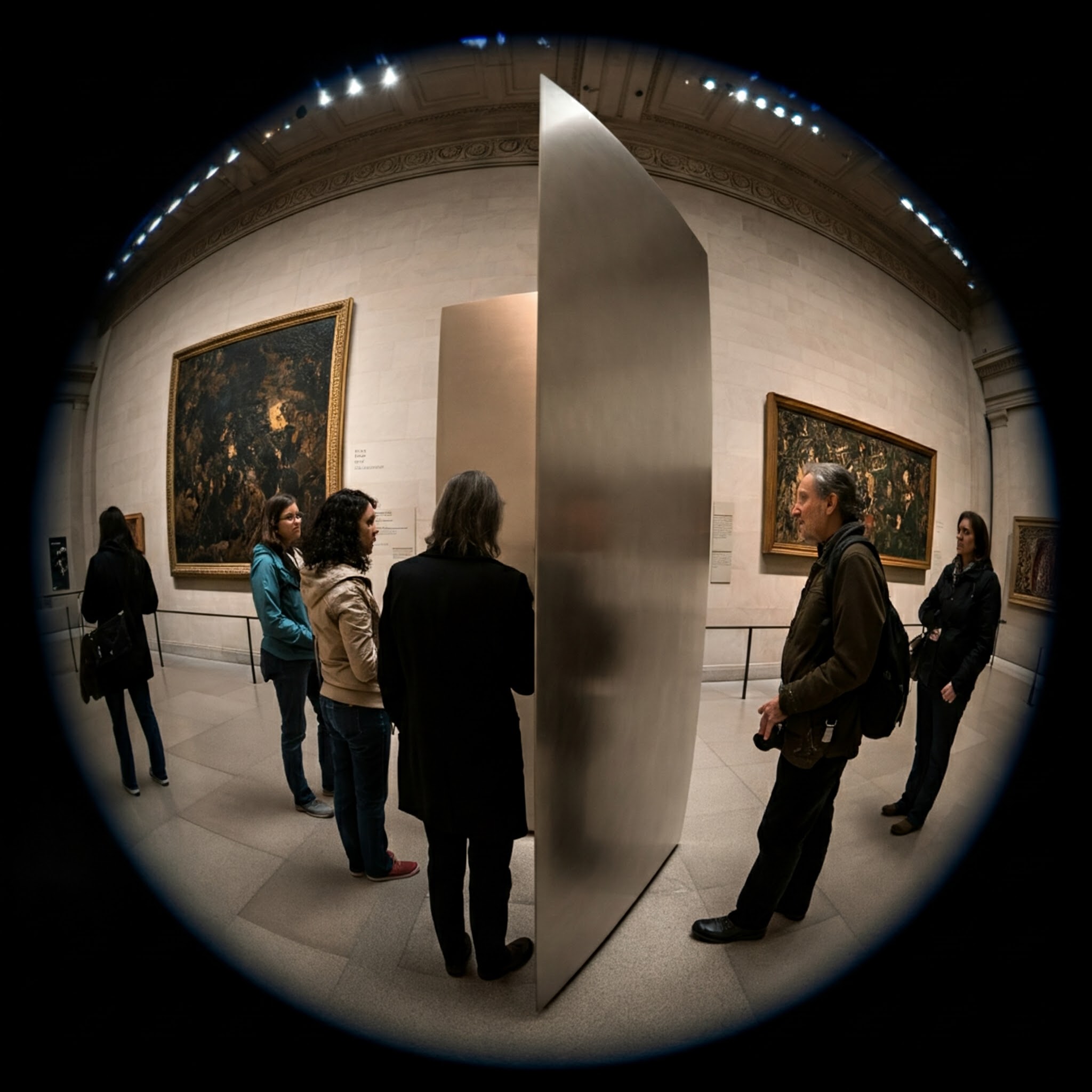Art Institute of Chicago: Visitors’ Privacy
Abstract
The Art Institute of Chicago is a world-class art museum that receives millions of visitors every year. The museum gathers, stores, and uses data on its visitors from a multitude of places including: the museum website and online store, the museum’s mobile app, and the physical museum itself. Each location uses a distinct data-collection method and involves different privacy policies which correlate to the collection method. While the museum does well to follow the basic laws surrounding user information privacy, it can stand to improve its policies and techniques to become a world-class advocate for museum visitor privacy.

Downloads
Published
Issue
Section
License
World Libraries allows authors to maintain the copyright of their article or to give permission to World Libraries to hold the copyright. If contributors decide to maintain copyright, a Creative Commons license allows authors to determine how their work can be used. For more information on the types of licenses available, visit http://www.creativecommons.org/.
Authors submitting a paper to World Libraries do so with the understanding that Internet publishing is both an opportunity and a challenge. In this environment, authors and publishers do not always have the means to protect against unauthorized copying or editing of copyright-protected works.
World Libraries is a copyrighted product, and all rights are reserved worldwide. Permissions to use any materials appearing in World Libraries should be directed to Questions about World Libraries.
Downloads of specific portions of World Libraries articles are permitted for personal use only, not for commercial use or resale. Educational uses of World Libraries are permitted with permission of the authors of specific works appearing in World Libraries.
PRIVACY
World Libraries respects the privacy of both its readers and its contributors. To that end, World Libraries does not collect in its logs or other server tools the exact identities of its readers. World Libraries does not require its readers to sign in or to secure a unique ID or password. World Libraries does not use cookies.
World Libraries collects general information in its logs on the origins of users at the highest domain levels. Usage patterns are tracked in World Libraries to assist editors in making decisions about future content. In addition, this information is used for research on usage patterns to improve the site over time.
E-mail addresses used by World Libraries to notify readers of new issues are not disclosed to third parties.
